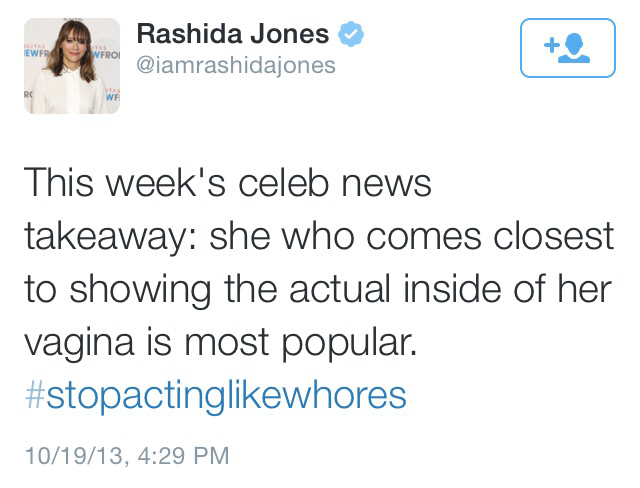A years-old controversy surrounding the Jones documentary “Hot Girls Wanted” exemplifies the widening gulf between who gets heard online and who doesn’t.
At the beginning of this year, news circulated that Rashida Jones, Meryl Streep, and Laverne Cox had all signed on to produce a “documentary adaptation” of Sell/Buy/Date, a one-woman play about the sex industrywritten and performed by Sarah Jones. A few days later, Cox announced that she would no longer be involved, since she was “not in an emotional place to deal with the outrage by some around my participation in this project.”
What happened? Between the two announcements, prominent voices in the world of sex work launched a wave of protest around Streep and Rashida Jones’s involvement. Both have a dubious reputation within the sex-work community, and the latter in particular has been dogged by criticism ever since she co-produced the 2015 documentary Hot Girls Wanted.
The movie and its docuseries sequel, Hot Girls Wanted: Turned On, were meant to be sympathetic portrayals of sex workers. But as I reported in 2017, Jones and her co-producers, Jill Bauer and Ronna Gradus, alienated their subjects by carelessly exposing private information and recycling content without their full consent. After that piece came out, Gradus and Bauer gave multiple interviews attacking the subjects’ concerns, while Jones has never made amends with the community she continues to document.

